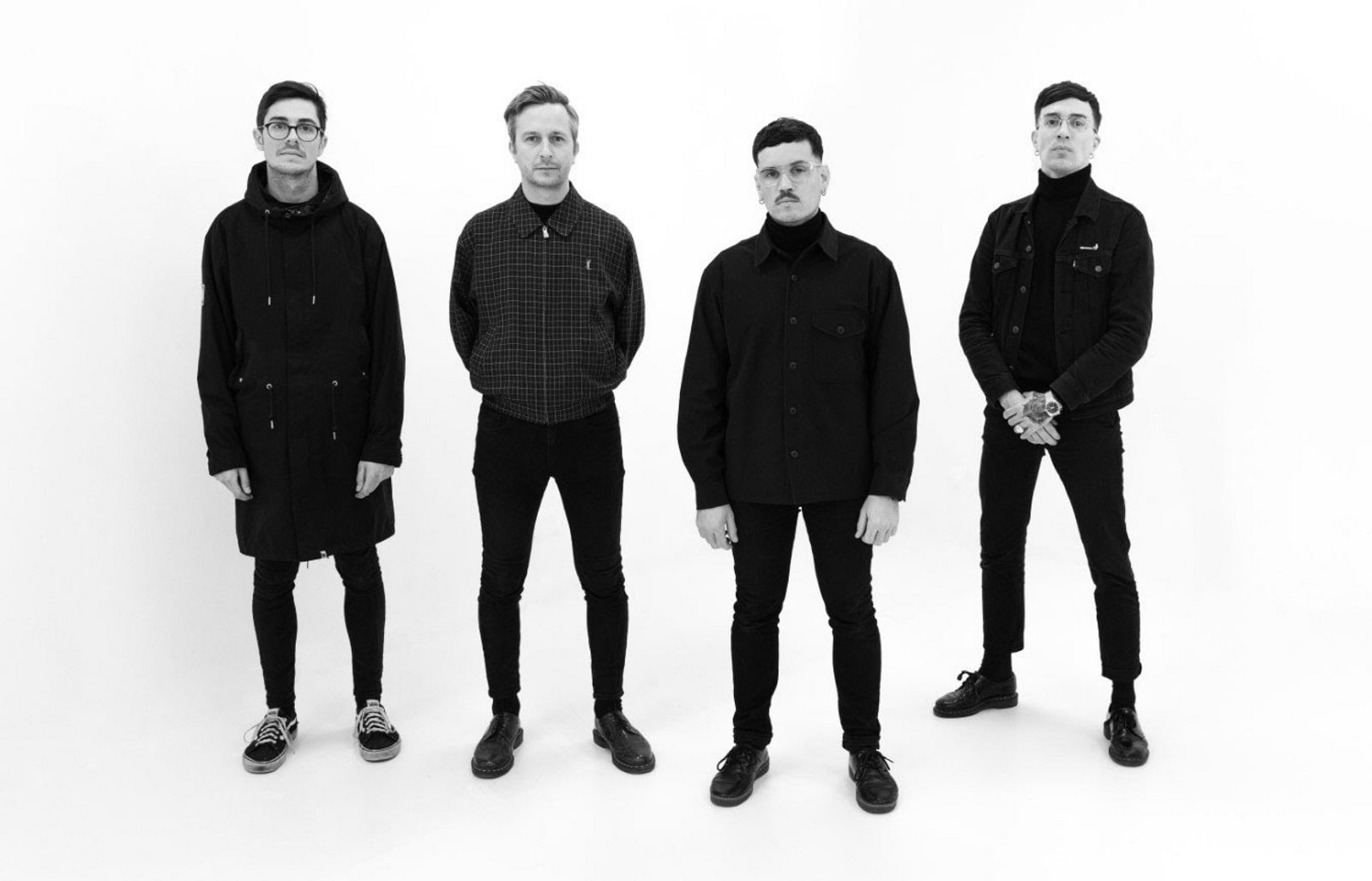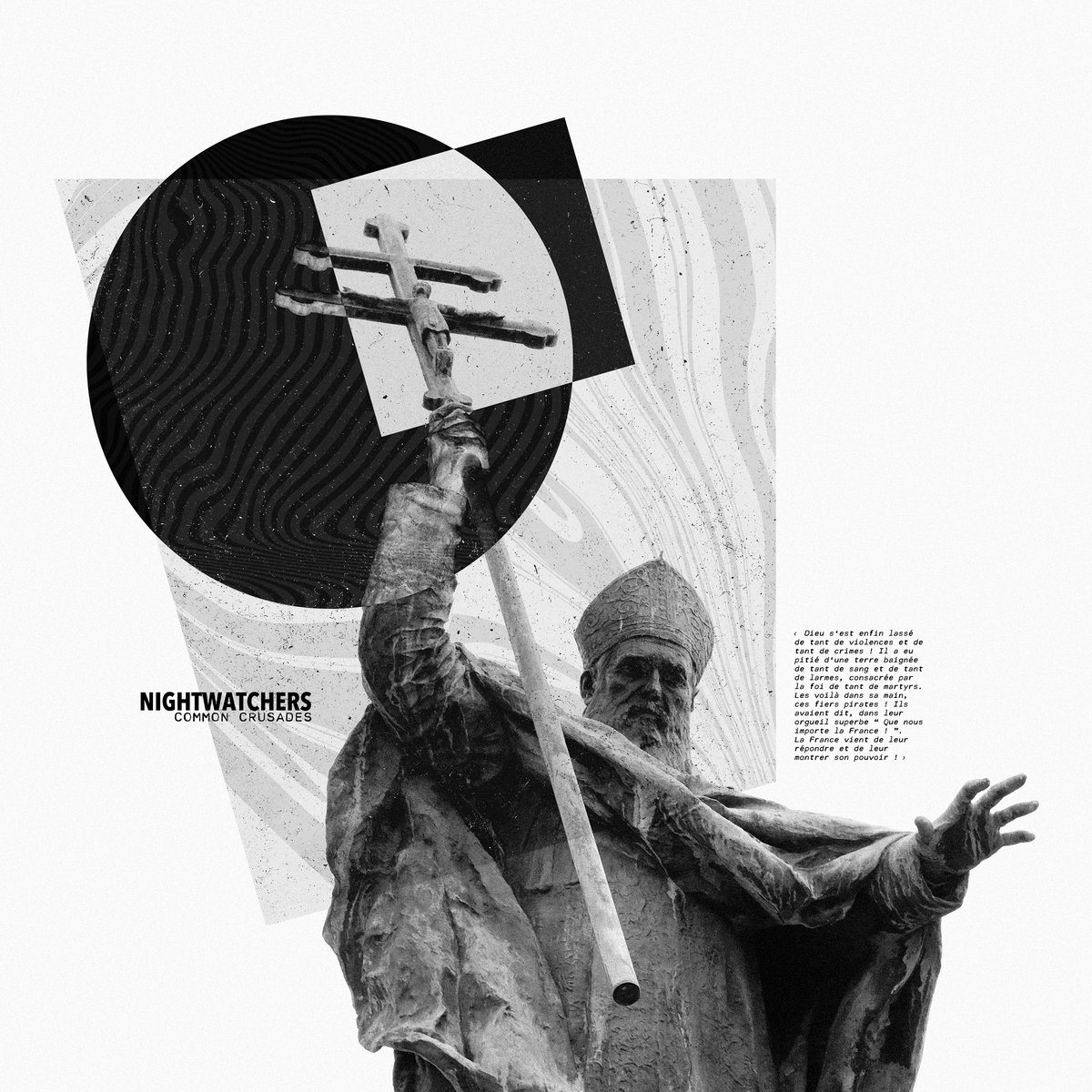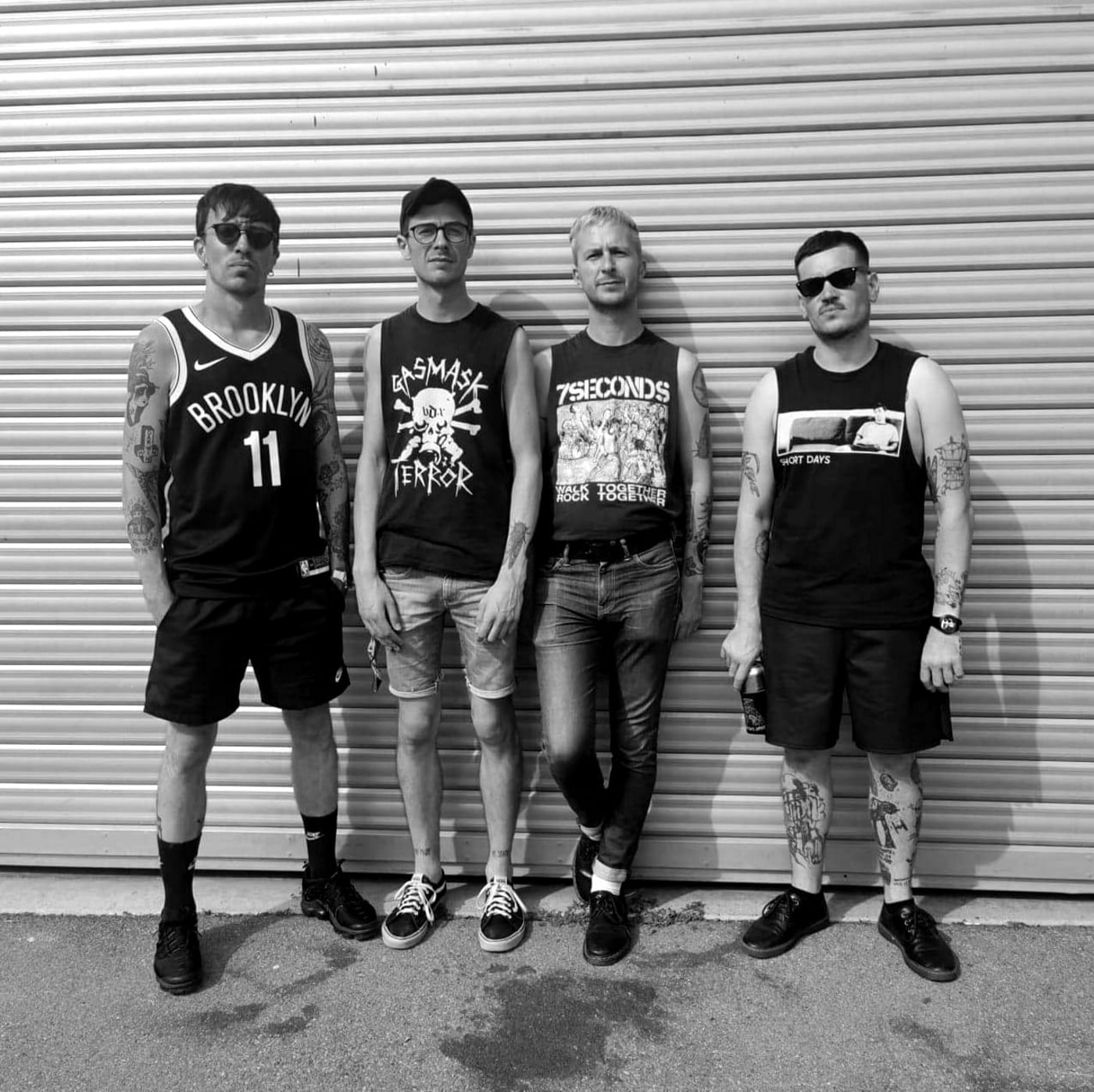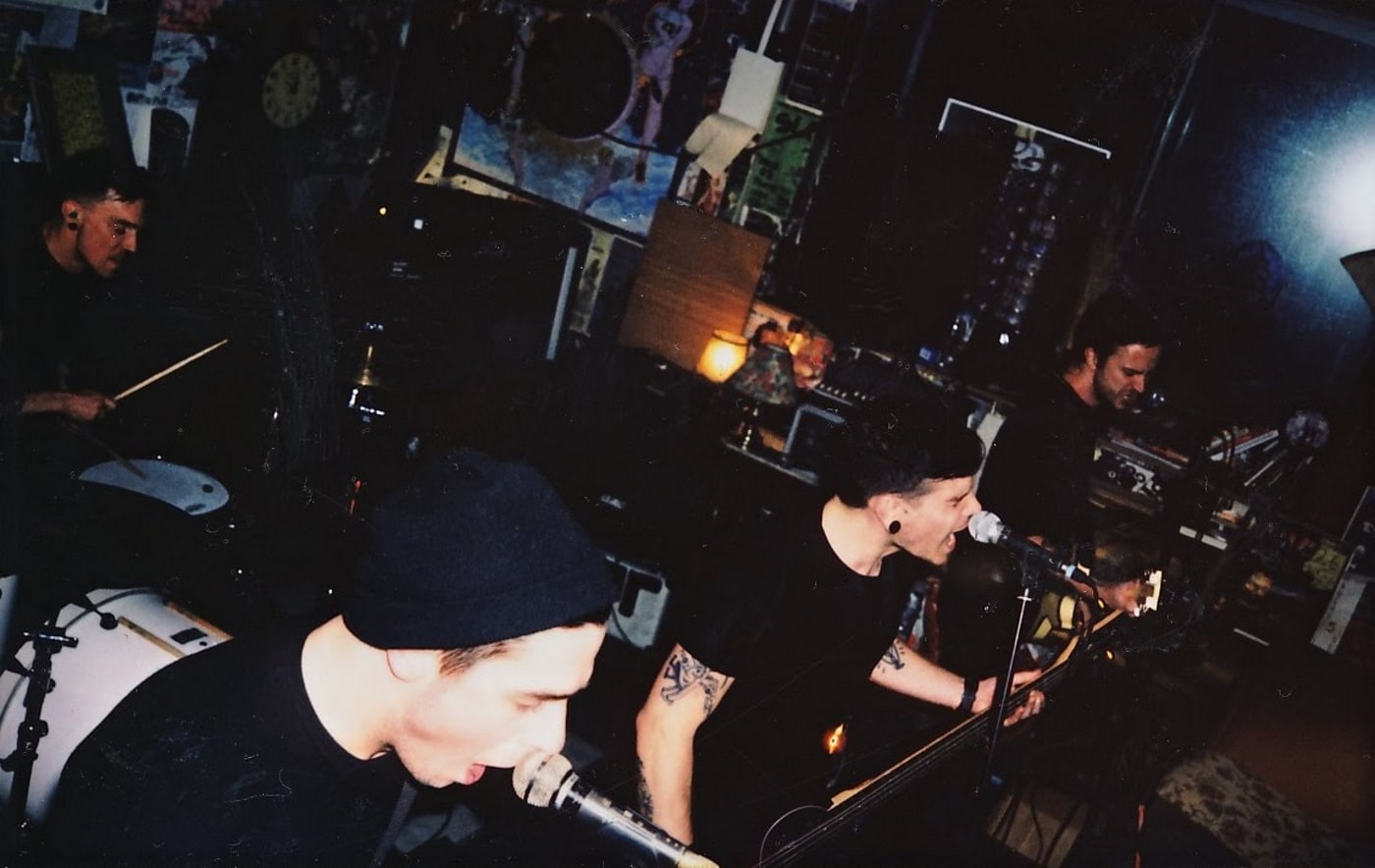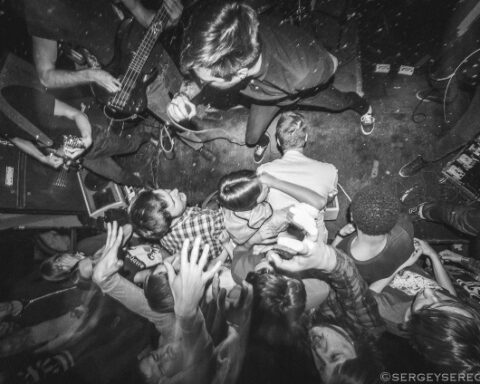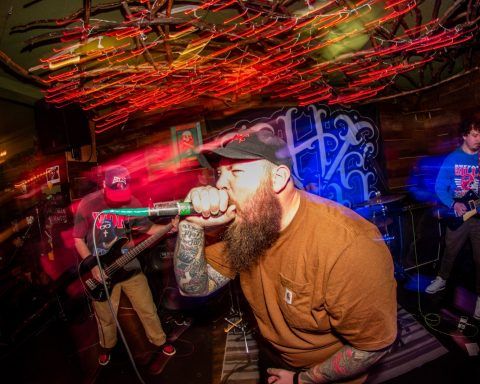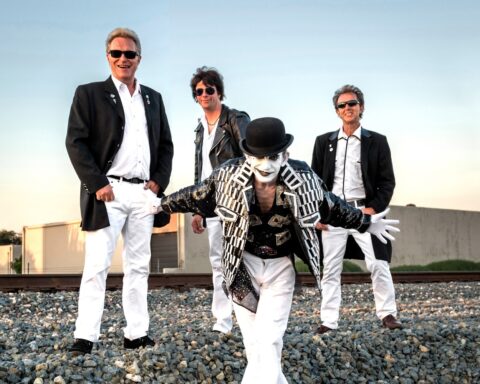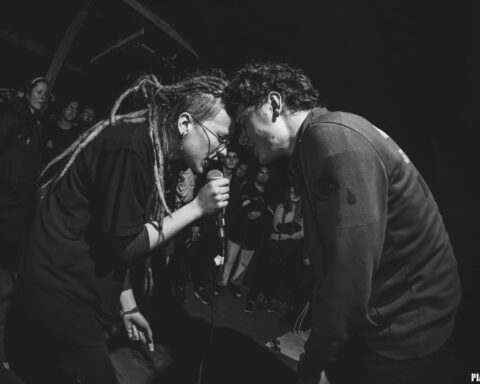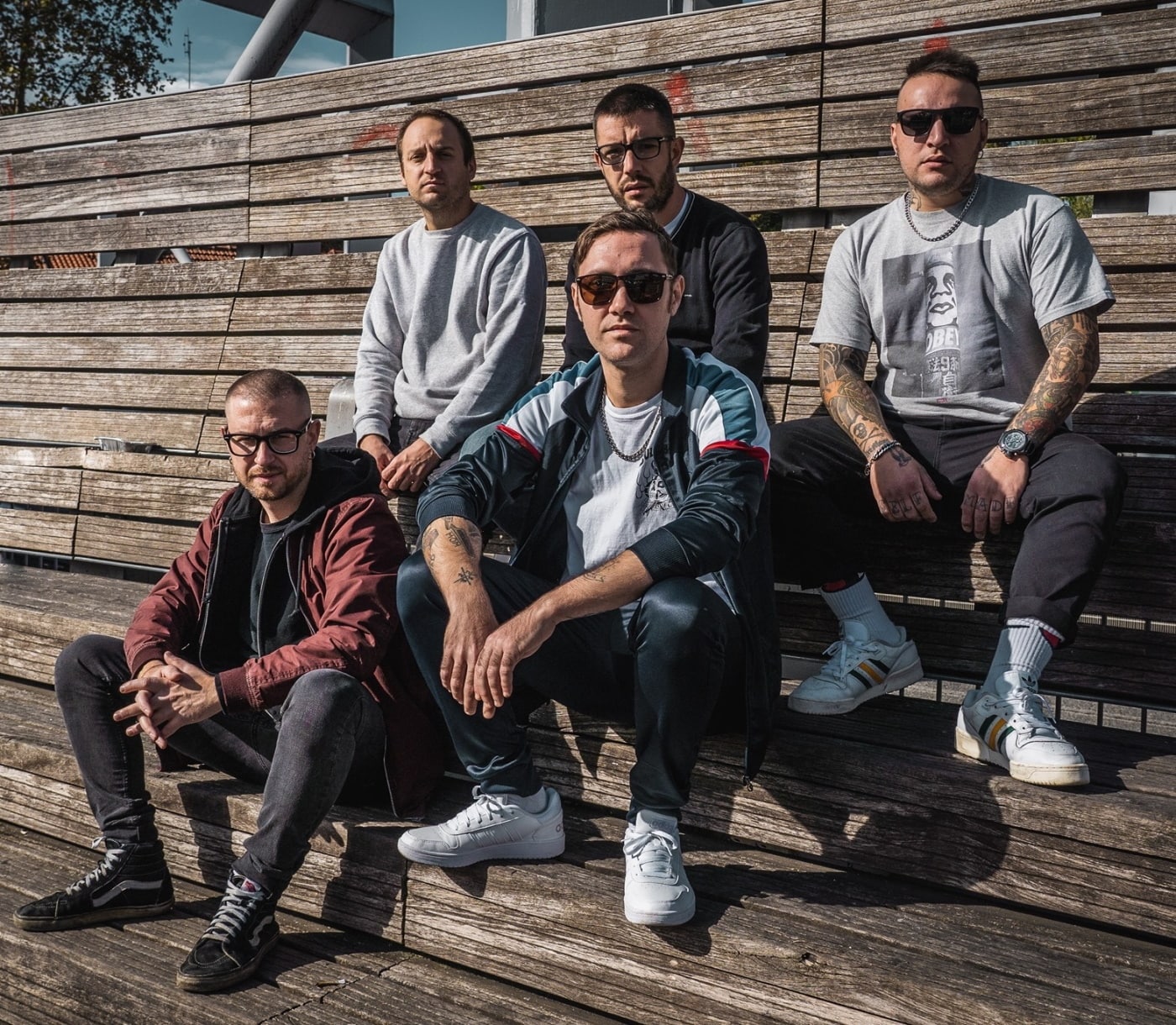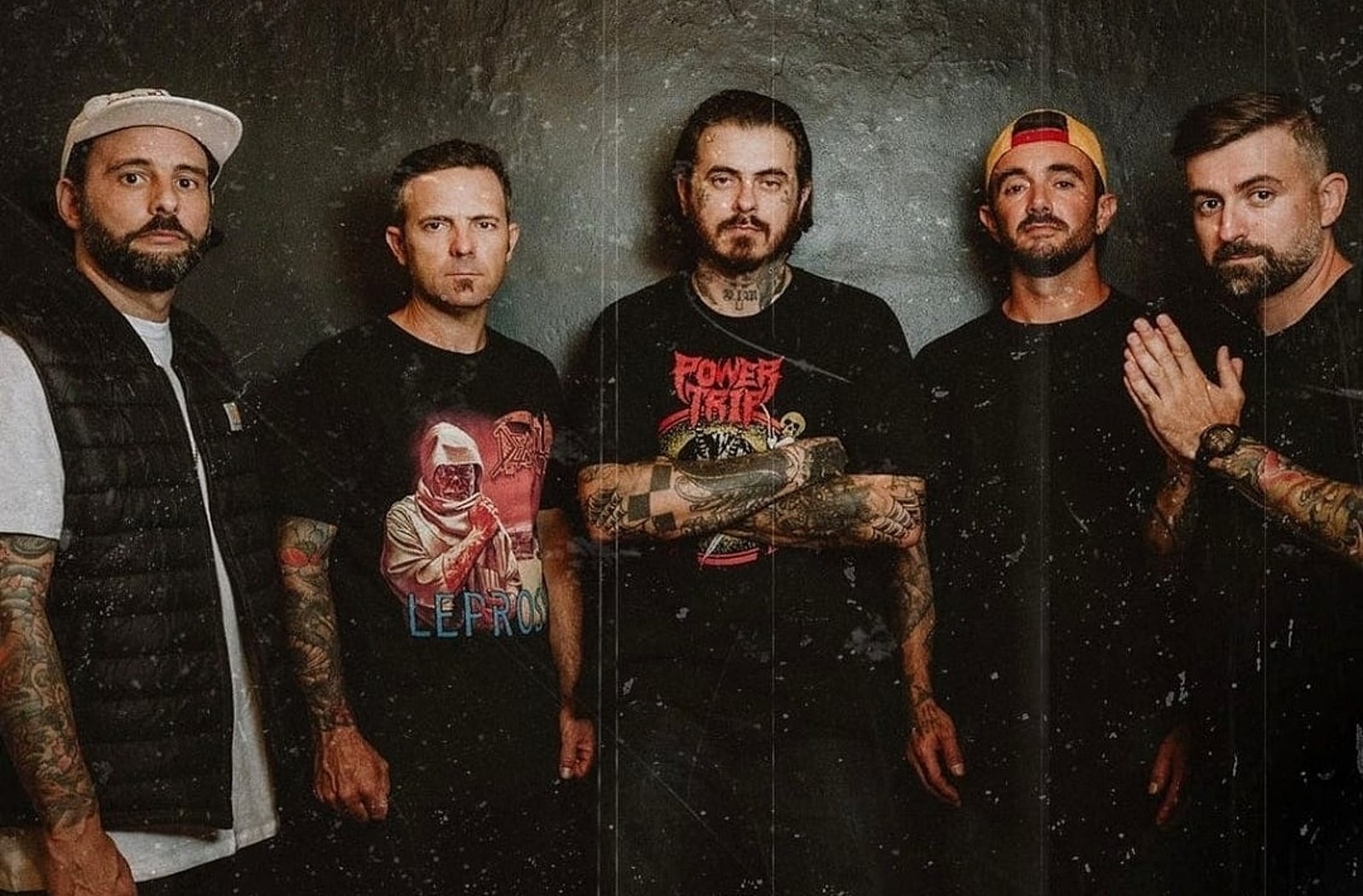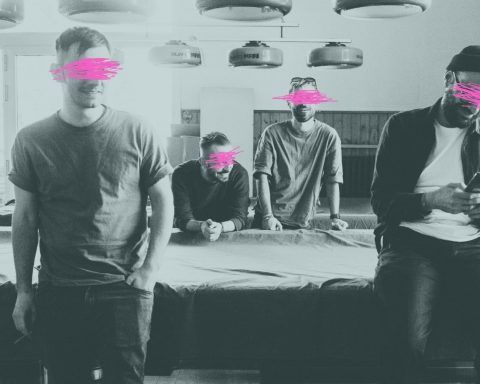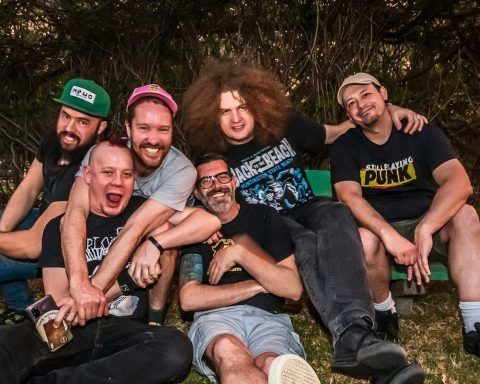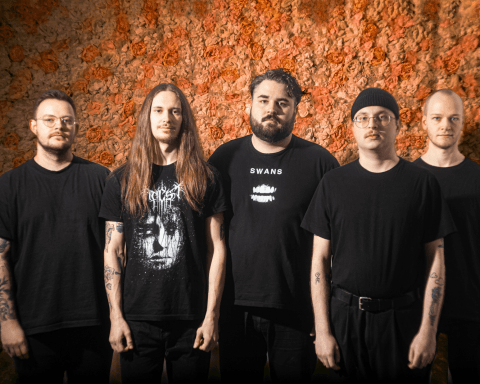Fresh off the release of their new politically charged album “Common Crusades”, we sat down with French punk rock band NIGHTWATCHERS to talk about politics, the difficult subject of colonisation through the context of the French colonial empire, and the importance of teaching and accepting the country’s colonial past.
Sixty years after France-dependent countries gained independence, the country’s citizens and historicians find themselves discussing colonialism in an unhealthy way. France’s colonial past is still a hot topic in French politics as there are still many connections between France’s discriminatory practices and crimes committed during colonial rule and current immigration made in the public debate. The country’s socialist left fraction is uncomfortable with the issue, because it has played a major role in French colonisation and today, it’s an obvious fact that the country has much trouble reconciling with its colonial past. Today, we look closer at this tough matter, recognising the scale of abuses by France in the North African country, and touching on related issues from the spectrum of racial injustice and social unrest around the world.
Hey there guys! Congrats on the release of ”Common Crusades”. The record comes out amidst the tough times, when race remains such a loaded concept both in French, European and worldwide society. A lot of important events in recent months have once again made racism part of public debate, which seems to be a tough nut to crack because of the fact it remains a taboo of some sort. Similarily to other governments, The French state acts as if the problem does not exist and it’s qute clear that race has been instrumental in defining French identity, both historically and nowadays. I strongly believe that public policy should address marginalization and discrimination based on ethnic origin and without reckoning with its colonial history, it will be super hard to move on. Please tell us about your take on this matter and what prompted you to address this matter in your lyrics.
Exactly like you said, in recent years the political cursor has clearly shifted to the conservative right, in France as in the rest of Europe. The current government has decided to make the fight against “radical Islam” or “political Islam” a priority, in the name of national cohesion and the “values of the French Republic”. From our point of view, this struggle is part of the continuity of the colonial history of France, particularly in the Algerian context.
Our governments have systematically sought to impose so-called “universal” values there, arguing that the practice of Islam is incompatible with them. We didn’t use to talk much about colonialism in France, even less in the punk scene, so that’s the reason why we decided to focus on this topic since our first album, La Paix ou Le Sable (2019). But since a couple of years, more and more people start underlining a postcolonial heritage that our government refuse to recognize. They still refuse to face and enlight the crimes we commited in the name of Universalism in Haïti, Indochina, Algeria, Madagascar, Cameroon and so on.
I share your point of view:
𝑊𝑒 𝑤𝑜𝑛’𝑡 𝑠𝑜𝑙𝑣𝑒 𝑜𝑢𝑟 𝑛𝑎𝑡𝑖𝑜𝑛𝑎𝑙 𝑐𝑜ℎ𝑒𝑠𝑖𝑜𝑛 𝑝𝑟𝑜𝑏𝑙𝑒𝑚𝑠 𝑢𝑛𝑡𝑖𝑙 𝑤𝑒 𝑎𝑑𝑑𝑟𝑒𝑠𝑠 𝑡ℎ𝑒𝑠𝑒 𝑡𝑜𝑝𝑖𝑐𝑠 𝑎𝑛𝑑 𝑎𝑠𝑠𝑢𝑚𝑒 𝑜𝑢𝑟 ℎ𝑖𝑠𝑡𝑜𝑟𝑖𝑐𝑎𝑙 𝑟𝑒𝑠𝑝𝑜𝑛𝑠𝑖𝑏𝑖𝑙𝑖𝑡𝑦.
What was your perception of the French colonial empire back when you were younger and how your perspective evolved over the years?
Boy, I had no idea about that part of French history until I decided to dig it recently. Most of the French kids know nothing about it, because our educational system elude the most part of this history. We talk about the “War of Algeria”, from 1954 to 1962, but that’s about it… Not a word about Cameroon, Madagascar, Haïti, or about the algerian conquest and occupation.
I started a PhD in 2016 dealing with youth policies, and I realized that…
𝑇ℎ𝑒𝑟𝑒 𝑛𝑜𝑡 𝑚𝑢𝑐ℎ 𝑎𝑐𝑎𝑑𝑒𝑚𝑖𝑐 𝑤𝑜𝑟𝑘 𝑓𝑜𝑐𝑢𝑠𝑖𝑛𝑔 𝑜𝑛 𝑡ℎ𝑒 ℎ𝑖𝑠𝑡𝑜𝑟𝑦 𝑜𝑓 𝑦𝑜𝑢𝑡ℎ 𝑝𝑜𝑙𝑖𝑐𝑖𝑒𝑠 𝑖𝑛 𝑡ℎ𝑒 𝐹𝑟𝑒𝑛𝑐ℎ 𝑐𝑜𝑙𝑜𝑛𝑖𝑎𝑙 𝑒𝑚𝑝𝑖𝑟𝑒.
Like they didn’t exist or something… While the main target of the actual youth policies is the young people from the suburbs, and most of them are descendants of post-colonial immigration. So I guess that’s the reason why I decided to take a deeper look on the hidden history of the French colonial Empire. It’s fascinating and also totally fucked up…
What books, articles, or other sources of information would you recommend to our younger or less informed readers to dwell deeper into the subject and set our facts straight?
These lyrics of our first album are adaptations of excerpts taken from two books: “Les crimes de l’armée française : Algérie 1954-1962” by Pierre Vidal-Naquet (2001), and “La guerre du Cameroun : l’invention de la Françafrique, 1948-1971,” by Thomas Deltombe, Manuel Domergue and Jacob Tatsitsa (2016). I guess it’s a good start.
The first book mainly focus on Indochina and Algeria, while the second one is focused on Cameroon and the transformation of French colonialism into the neo-colonial Françafrican system.
You can also take a look at “La fracture coloniale“, by Bancel, Blanchard & Lemaire (2005) and “A decolonial feminism“, by Françoise Vergès (2019), both reads are very interesting.
In your everyday life in France, how thriving is the discussion about the need for France to recognize and apologize for its violent colonization of the past? How important is this fillar in the political discourse?
It’s super polarized… The actual government, the mass medias and the vast right wing is actually trying to present “wokism”, intersectional and postcolonial studies as the newest menace for the French Republic… Which is total bullshit, indeed. In the real world, people actually have bigger problems than wokism and intersectional theories. They struggle to pay they rent, to find a decent job, to offer a decent environment for their children. But yeah, since a couple of weeks, it’s the new obsession. You won’t find a lot of political organization that actually claim the need to recognize the responsibility of the French Republic regarding the colonial crimes and the postcolonial consequences. I guess some extreme left wing organizations expressed themselves in that direction, but it’s like 5% max of the french political discourse.
France and the U.S. have different histories, but both countries have been facing similar issues of racial domination and injustice. How would you compare this case in both countries?
I think the issues of racial domination and social injustice unfortunately exist all over the world. They take different forms depending on the origins of the nation and its historical development. What is specific to France and the former European powers, in my opinion, is their colonial heritage. The United States was obviously marked by slavery and played a central role in the British colonial empire, but the relationship to colonization is reversed compared to France, since it is the first decolonized nation in the world: the birth certificate of the United States is the declaration of independence towards Great Britain in 1776.
In fact, I think that there is not this kind of French taboo in the United States towards the colonial heritage. In my opinion this is what allows post-colonial work to be more easily accommodated on the other side of the Atlantic. Afterwards, I do not know enough about the history and contemporary society of the United States to make a detailed comparison with regard to these issues. What seems common to me is the growing political division in our respective societies and the dizzying rise of far-right and revisionist ideas. We often tend in France to watch the news coming from the United States with a certain condescension; we made fun of them when Trump was elected, we ridiculed the project of the wall on the Mexican border … But given that what is looming for the presidential elections of 2022 in France, we do not really have a lesson to teach.
Would you say that Black Lives Matter did impact the French political landscape in ways that truly translated into your local political context?
Not that much. We watched the movement grow in the United States with interest, and some french NGOs fighting against racism and police brutality were obviously inspired by the BLM movement. I guess we had nothing comparable in France, but most of the French riots in the so-called “no go zones” since the 80’ sadly share the same starting point: police officers killing young people coming from ancient African migrations.
When you think about anti-racism today and the French colonial issue, what do you think are some of the main priorities, some of the main lines to cover to make it better for our future generations?
Nowadays the main priority is to protect ourselves against the new rise of the fascist scum. We need to unite and stop the internal divisions. The main problem of the radical left wing in France is its fragmentation.
About the French colonial issue, education and information must be popularized, and not only in direction of the future generations.
Lastly, how much do you believe in the French promise of equality and opportunities for all? What would the government need to do with regard to the issue to help solve the problem and leave most of the concerned satisfied?
There is no possible equity in a capitalist system, and France is no exception. The principle of “equal opportunities for all” in fact maintain the privileges and the inequities in our society. And currently, I think it is no longer the priority of our political leaders to ensure equal opportunities for all… Rather, we question the individual responsibility of those who “do not make enough effort”, whether to integrate culturally into French society, to find work, to succeed in school…
Reducing inequalities would mean a consequent reinforcement of human and financial resources. And this is not the road they’re taking at all.
Thanks so much for your time and precious answers. Feel free to wrap it up with your closing thoughts and take care. Have a peaceful end of the year and all the best for 2022!
Thanks a lot for your interest! Stay safe.



